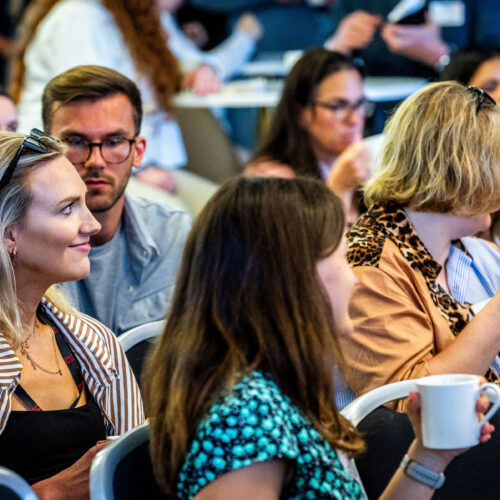Microplastics; tiny pieces of plastic usually less than 5mm in length, are a growing concern in the food industry.
They come from a variety of sources, and the more research that is done, the more it seems they are making their way into every corner of the globe.
Microplastics have been found in our oceans, our farmland, and our woodlands.
They are not only polluting the environment, they are also finding their way into our food.
One study estimates that the average person consumes roughly five grams of plastic per week, that is about the weight of a credit card.
So, in this episode of the Food Matters Live podcast, we ask: How worried should we be, for the planet’s health and our own?
And how on earth do we go about eradicating something so tiny, yet so omnipresent?
Jeanette Rotchell, Professor of Aquatic Toxicology, University of Hull
Professor Rotchell specialises in the area of Environmental Toxicology and is Professor of Aquatic Toxicology at the University of Hull.
Current projects include cancer and endocrine disruption in aquatic animals; chemical characterisation, especially pharmaceuticals, from sediments in rivers and estuaries; and microplastics in the environment, food and our tissues.
James Lofty, PhD Research Student, Cardiff University School of Engineering
James Lofty started his PhD at the School of Engineering at Cardiff University in October 2020.
His project, co-supervised by Dr Catherine Wilson (Cardiff University) and Dr Pablo Ouro (University of Manchester), aims to better understand the movement of microplastics in the aquatic and terrestrial environment.
This includes identifying the physical properties and mechanisms based on fluid dynamics, which govern microplastic particles behaviour and transport.
Understanding these processes will help to develop numerical models that describe the motion of microplastics particles in aquatic flows and will inform future environment policy aiming to reduce the flux of microplastics in the environment.







